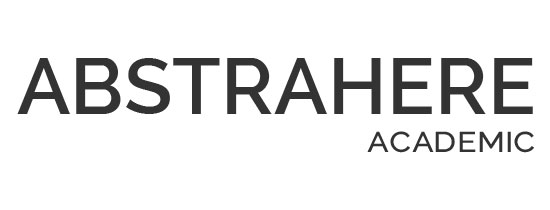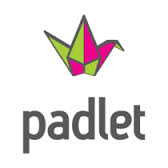In September the Information Technology (IT) division will enter a new era. Not only will we be moving to a new building, our new home will also be the first truly “green” building on campus.
A wide range of sustainability characteristics have been incorporated in the new building’s design and can be considered according to the Green Building Council of South Africa’s Green Star Office rating tool categories.
Energy efficiency and renewable energy: Solar photovoltaic energy generation on the roof; optimal northern orientation and window sizing; shading elements; vertical garden on the northern aspect to minimise heating and cooling; usage of river water for cooling; low energy lighting and smart lighting.
Indoor environment quality (IEQ): Natural lighting; ventilation; minimisation of noise.
Transport: Bicycle store and facilities for cyclists; optimal parking spaces.
Innovation: The vertical garden; the use of river and rainwater for air-conditioning plant cooling.
The building should not be seen as merely a space hosting a department, but also an integral part of the IT Division’s work system – the people, processes they execute and the spaces and facilities of the building all form an integrated whole.
The building can contribute to the goal of creating a new working culture, establishing new work methods and, above all, encouraging collaboration and communication.
Developing new ways of working and a different work culture is now more important than ever as we find ourselves in the Information Age. As the focus shifts to the application of information and communication technologies (ICT) within Stellenbosch University’s strategy, the IT Division has to be able to meet higher expectations. The new building can be viewed as a tool, amongst others, to help meet these expectations.
The nature of knowledge work in the Information Age, in which the IT Division engages, is increasingly team-oriented, social, requiring intensive communication, interactions, knowledge sharing, continuous learning and consultation. The ability to collaborate, breaking out of siloed thinking, effective networking and flexibility become valued capabilities.
The new building features large “open plan” working areas with abundant natural lighting and tracts of glass – much like the campus facilities of admired technology companies such as Google and Apple. Quality, utility and flexibility of furnishings and fittings are also vital as teamwork requires flexible furnishings that can be altered easily and quickly to accommodate new work areas.
Adequate, well-resourced meeting spaces and breakaway areas are required in order to achieve a balance between shared and private workspace in innovative ways. Digital communications facilities in these spaces must make remote working and virtual meetings easy and effective.
Finally, the work environment must be healthy, encourage creativity and collaboration and must be a place where people want to work and spend time. A working environment that is welcoming, open and does not reinforce hierarchies and promotes flexibility and communication will contribute to the transition to a next-generation IT Division.
[ARTICLE: RALPH PINA]



 Abstrahere Academic focuses on academic environments, and assists master’s and PhD students to improve and apply their critical reading skills – an important part of their thesis writing. Open and healthy communication between student and academic supervisor about critical text analysis is an integral part of the reading and writing process.
Abstrahere Academic focuses on academic environments, and assists master’s and PhD students to improve and apply their critical reading skills – an important part of their thesis writing. Open and healthy communication between student and academic supervisor about critical text analysis is an integral part of the reading and writing process.